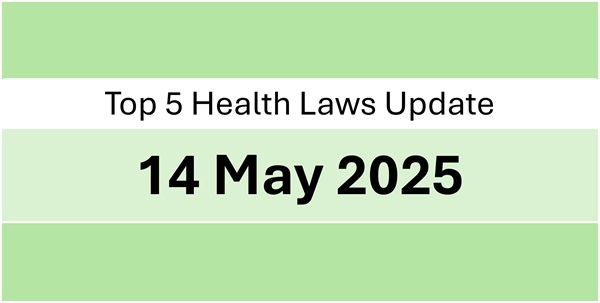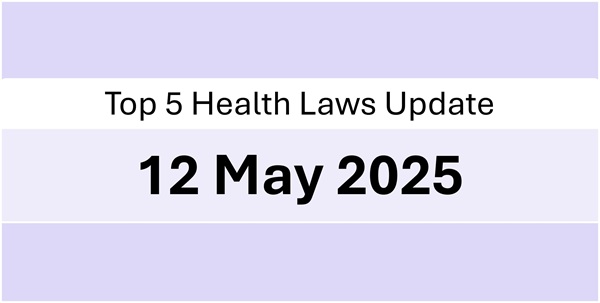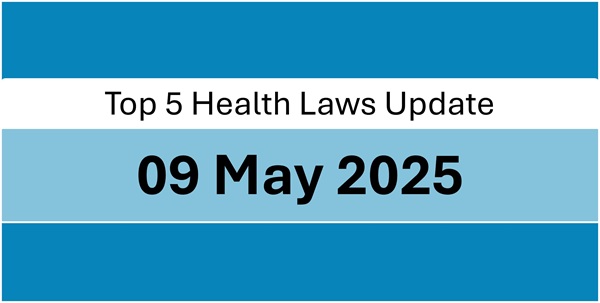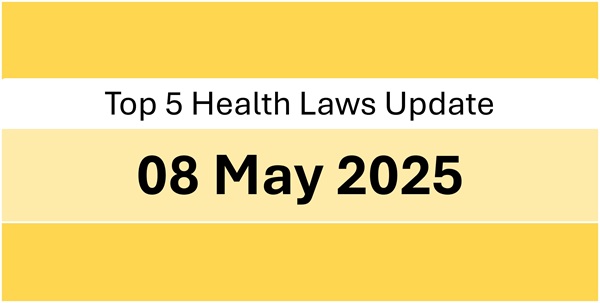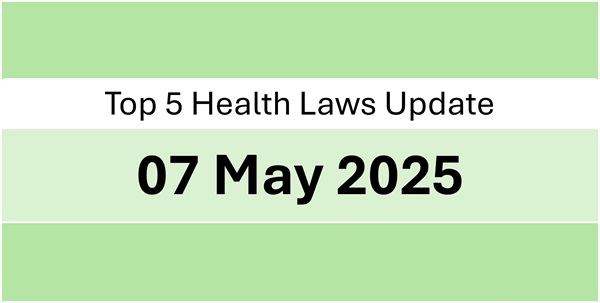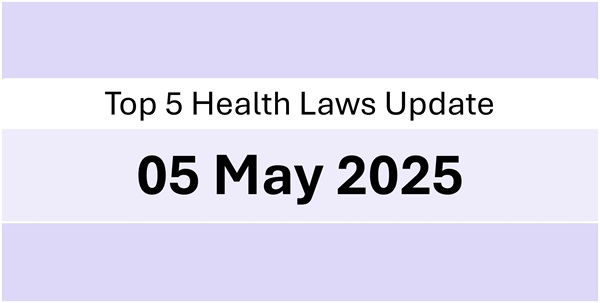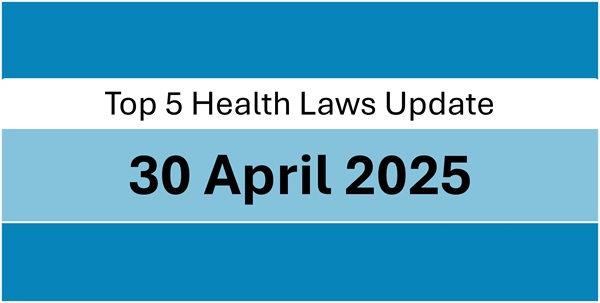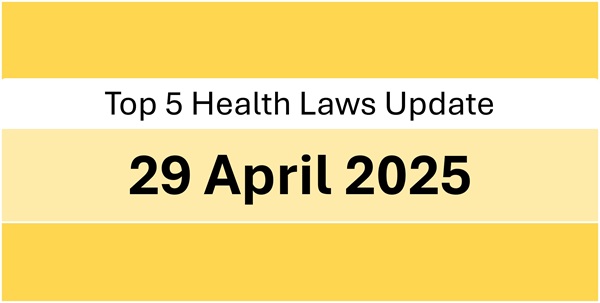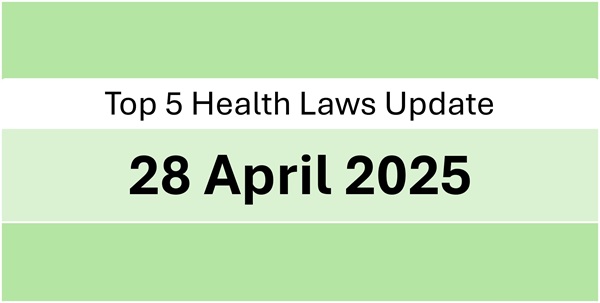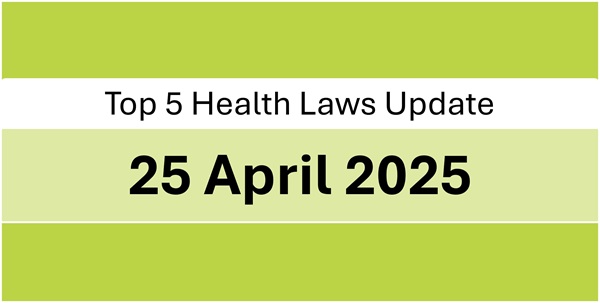Dear Readers, we are happy to share the most interesting legal and policy updates concerning health industry that we read today. we hope you enjoy reading it.
1. India’s Supreme Court has ruled that volume-based discounts are lawful and do not constitute discriminatory pricing, for such discounts to be considered discriminatory they must be applied unequally to similarly situated buyers in comparable transactions.
Source: bit.ly/4mghWEN
2. India’s Supreme Court has issued a notice to the central government on a petition seeking to make it mandatory for hospitals and clinical establishments to display service rates and charge fees within limits set by the Centre, in consultation with state governments. The Court noted that the failure to enforce this requirement stems from the government’s failure to specify the service charge limits which potentially impacts citizens’ fundamental right to healthcare.
Source: bit.ly/4jXJ75U
3. The High Court of Jammu & Kashmir and Ladakh has upheld a government advisory requiring retail and wholesale pharmacies to install CCTV cameras and adopt computerized billing systems. This measure aims to curb the sale of prohibited drugs and enhance transparency in pharmaceutical operations.
Source: bit.ly/4mgjrCV
4. In a proposed Free Trade Agreement with the UK, India has reportedly decided to reduce import duties on medical devices under the Production-Linked Incentive (PLI) scheme starting only from the sixth year. This phased approach aligns consumer needs with the Make in India programme, aiming to protect domestic manufacturers while gradually opening market access for UK exporters.
Source: bit.ly/4mlyPy8
5. The U.S. government’s order to align domestic drug prices with global rates may impact Indian pharmaceutical firms, many of which rely heavily on U.S. revenues. Though primarily targeting Big Pharma, the move could subject Indian generic manufacturers to pricing pressure, potentially disrupting their business models and profitability.
Source: bit.ly/4dkH0Xt

